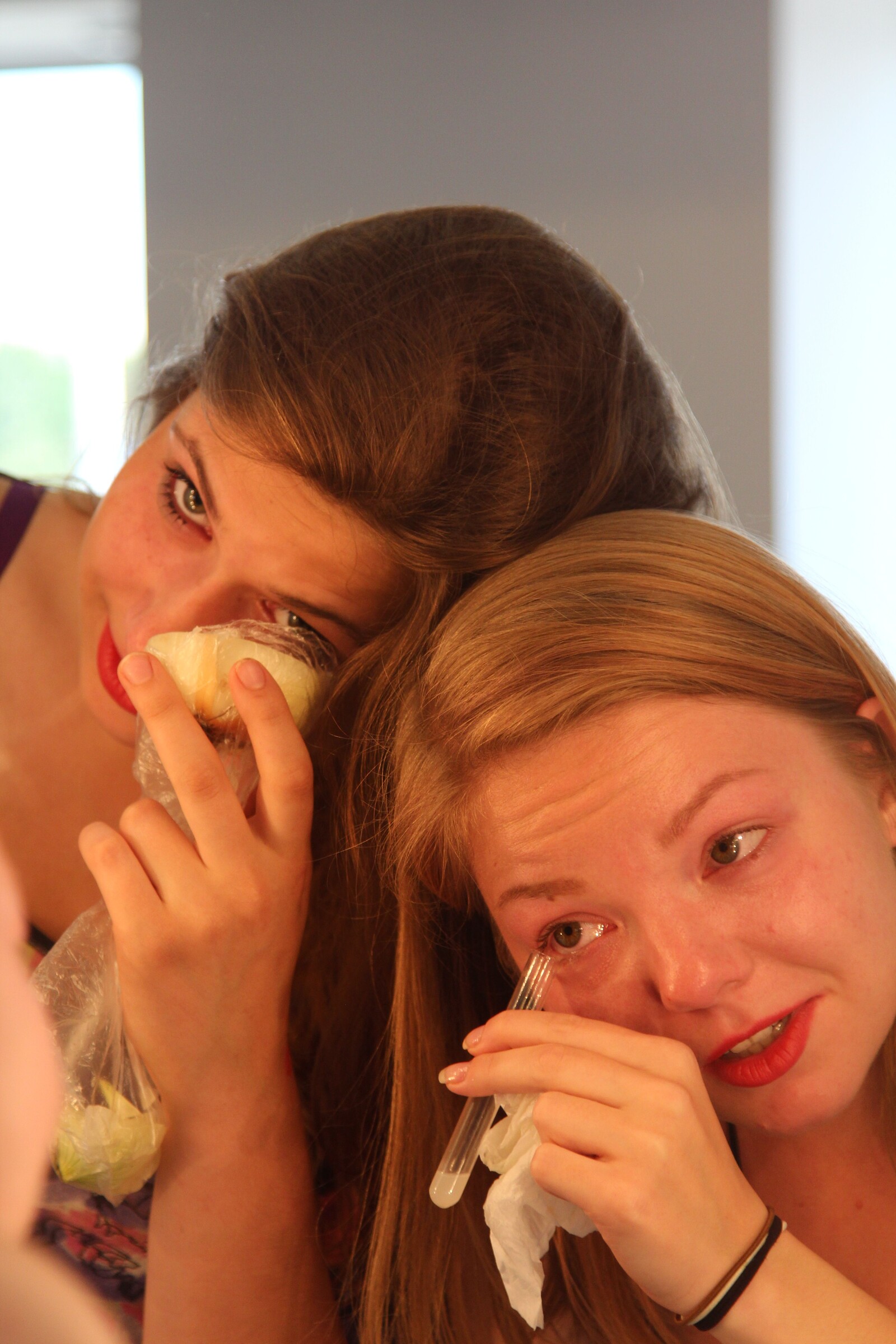June 28–September 2, 2018
Museumsplatz 1
1070 Vienna
Austria
Hours: Tuesday–Sunday 1–7pm
T +43 1 5235881
office@mqw.at
Curated by Anamarija Batista
In today’s mainstream economy, productivity is defined as “the relation between production output and factor input,” whereby normally a distinction is made between work productivity, capital productivity and multifactor productivity. Higher productivity is achieved through technological innovation, new business models etc. The exhibition raises questions concerning desires and visions that exist with respect to productivity and associated production conditions in 2018. Should the increase of productivity lead to a shortening of working hours, as John Maynard Keynes predicted would occur by 2030? Or do people today wish for a more relaxed and stress-free working day along with more decision-making power?
Productive Work highlights the notion of “productivity” from diverse perspectives and makes clear that productivity should be discussed in terms of structural and ideological conditions and qualities. For how “productivity” is defined is the result of social ideas and convictions.
The artistic works on display present a series of experimental settings. They are imagined as figures of thought, as narratives, which underscore or distort the form of productivity. The exhibition thereby lays focus on four key subjects: productivity in the sense of the representation and measuring of output, productivity in the sense of the control-relationship between human and machine, disorder as the tightening screw of productivity conditions, and productivity in relation to the transformation of social visions and living circumstances.
Thus, in his work Golden Fingers of Louvre, 2017, Igor Eškinja displays photographs of the revolving door entrance of the Louvre in Paris, which after a day is densely covered with finger and handprints. These shimmer in various colours when touched by the sunlight, and it would appear that what is touched by the visitors to the museum becomes art itself.
Christina Lammer deals with the relationship between man and machine. She had hip surgery and made a silicone impression of the cartilage. Bone Work points to the interchangeability of human body parts. The artificial components are not only copies of body parts; rather, their design already makes the enhancement of body functions possible.
In 2014, Alicja Rogalska & Łukasz Surowiec opened a Tear Shop in Lubin for a few days, where visitors could sell their tear fluid. 3 ml of tears were worth GBP 25. Nearly 200 people visited the shop to offer their tears. In their video installation Tear Dealer, the artists show the production events taking place in the store.
From Sunrise to Sunset, 2005 presents a working day in the life of the performance artist Tomislav Gotovac and shows the reactions of the passing residents who talk about what he is doing here and whether what he is doing is work, or not.
Seaside is the title of the work by Dušica Dražić. A teacher in Antwerp once drew the comparison that the distance from the school to the sea was as long as drawing lines with a pen until it is empty. In her work Seaside, Dražić visualises this story, filling 72 A4 sheets with lines.
Diploma Thesis is an autobiographical work by Dariia Kuzmych (daughter) and Svitlana Selezneva (mother). Dariia Kuzmych invited her mother to work with her, and, in the context of this collaboration, to reflect on the changes in day-to-day work after the collapse of the USSR.
Artists
Bar du Bois (AUT), Igor Eškinja (HRV), Dušica Dražić (SRB/BEL)*, Tomislav Gotovac (HRV) & Dražen Žarković (HRV), Ana Hušman (HRV)*, Jiří Kovanda (CZE), Nina Kurtela (HRV)* & Hana Erdman (USA), Dariia Kuzmych (UKR/DEU)* & Svitlana Selezneva (UKR)*, Christina Lammer (AUT), Tihana Mandušić (HRV)*, Damir Nikšić (BIH), Alicja Rogalska (POL/GBR)* & Łukasz Surowiec (POL)*, Nika Rukavina (HRV)*, Irena Sladoje (BIH)* & Iva Simčić (BIH)*, Borjana Ventzislavova (AUT/BGR), Jakub Vrba (AUT/CZE)
*Q21 Artists-in-Residence
The exhibition is organised in cooperation with the Federal Ministry for Europe, Integration and Foreign Affairs.
Free admission
Director MuseumsQuartier Wien: Christian Strasser
Enquiries
Press MQ: Irene Preissler, ipreissler [at] mqw.at; Artistic Director frei_raum Q21 exhibition space: Elisabeth Hajek, ehajek [at] mqw.at


